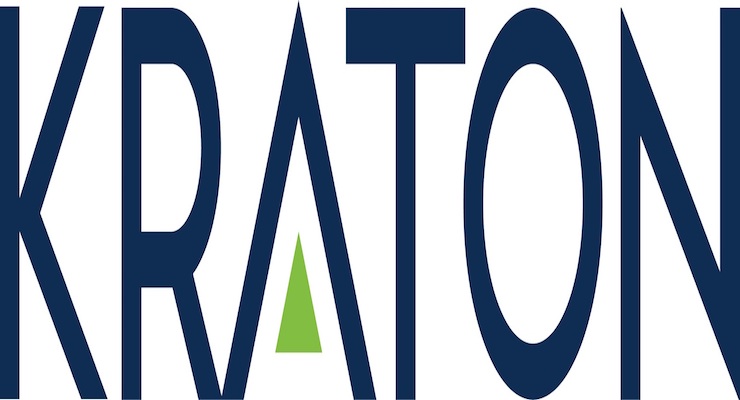Kraton Seeking Approval for BIAXAM as Self-Sterilizing Sulfonated Polymer
By Coatings World staff | 09.11.20
Technology shown in studies to kill up to 99.99% of microbes including SARS-CoV-2 virus in as little as 5 minutes, per Kraton.
Kraton Corporation is seeking regulatory approval for BIAXAM, a novel sulfonated polymer technology with long-lasting self-disinfecting properties that has been demonstrated in studies to quickly inactivate up to 99.99% of SARS-CoV-2 (virus that causes COVID-19) and other microbes.
Kraton developed the BIAXAM technology as part of its sulfonated polymer product line and plans to expand product testing and seek regulatory approval for use as a durable, long-lasting disinfectant from the United States Environmental Protection Agency (EPA).
In parallel, Kraton is pursuing registrations and/or approval with appropriate regulatory agencies in countries outside the U.S.
The efficacy of Kraton's BIAXAM technology has been thoroughly studied by organizations including Boston University's National Emerging Infectious Diseases Laboratories (NEIDL), North Carolina State University, University of Texas Medical Branch (UTMB) at Galveston, and Syngene International Ltd.
The testing performed at the UTMB and Boston University BSL-4 laboratories has demonstrated BIAXAM to be effective against SARS-CoV-2 and other microbes1.
Depending on the regulatory approval process or certification requirements by country, Kraton believes that BIAXAM could be used as a coating on personal protective equipment (PPE) such as face shields, as well as a variety of high-contact surfaces such as door handles, elevator buttons, public transportation surfaces, cellphone cases, etc.
Additionally, it could be used as a replaceable peel-and-stick film for a broad range of applications including medical, textiles, building and construction, and packaging.
"BIAXAM offers rapid and long-lasting performance, unlike current disinfectant offerings that are only effective immediately or require periodic treatment or re-application," said Dr. Vijay Mhetar, Kraton's senior VP and chief technology officer. "Currently there are no EPA approved long-lasting disinfectants2, so this technology is truly extraordinary. We believe the EPA would approve BIAXAM for the U.S. market and allow us to market the solution due to the novel anti-microbial properties it has demonstrated.
"As COVID-19 virus can remain stable on a variety of substrates for an extended period, in some cases as many as seven days, there is an urgent need for long lasting disinfectant. Once approved, Kraton's BIAXAM polymer technology can play a vital role in mitigating exposure to infectious pathogens, including SARS-COV-2."
The BIAXAM technology is patent-pending and will be commercially available shortly.
For the U.S. market, until EPA approval is obtained, BIAXAM cannot be sold, marketed or distributed as components of products that kill or repel or claim to kill or repel microbes such as virus, bacteria or mold.
"We've been developing this technology for some time for other applications, but the recent pandemic has led to an urgent and high demand for anti-microbial materials," said Kevin M. Fogarty, Kraton's president and CEO "We are excited about the possibility of bringing this innovation to market. We are currently conducting discussions with a number of possible development partners to explore potential applications in the U.S. and other regions worldwide."
1. MRSA, Xenotropic Murine Leukemia virus, PI-3, vancomycin-resistant Enterococcus faecium, carbapenem-resistant Acinetobacter baumannii, influenza A virus, Staphylococcus aureus, Escherichia coli, Staphylococcus albus, Escherichia coli, Rhizoctonia solani, Fusarium oxysporum, and Aspergillus niger black mold.
2. United States Environmental Protection Agency. (2020, July 7). Trump EPA Research Studying the Effectiveness of Longer-Lasting Disinfectants.













